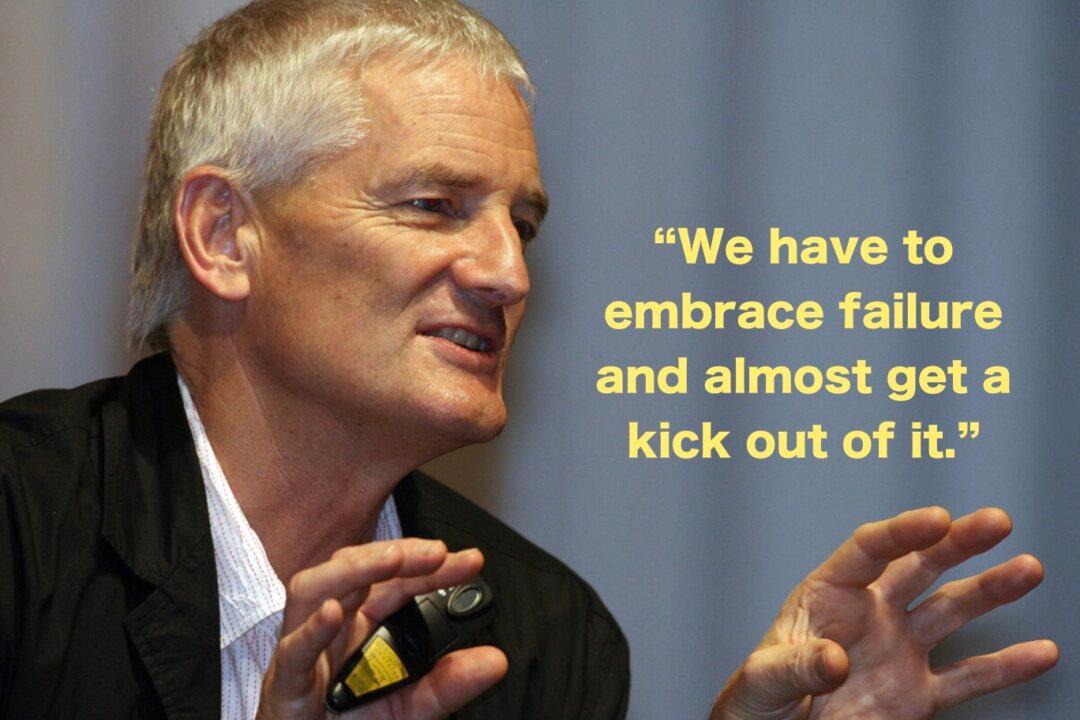 By Aytekin Tank
By Aytekin Tank
“Failure is interesting—it’s part of making progress. You never learn from success, but you do learn from failure.” —James Dyson, British inventorImagine spending five years of your life creating 5,127 versions of a product that failed. That’s exactly what the inventor of cyclonic vacuum technology, James Dyson, did. Until finally, one magical day, he hit gold—finally succeeding in creating the world’s first bagless vacuum cleaner.
In some ways, entrepreneurship can seem like a type of madness—not unlike the obsessiveness that overtakes artists. But in Dyson’s case, his patience and persistence eventually led to payoff: a multi-billion dollar company known for its creativity and forward-thinking designs.






